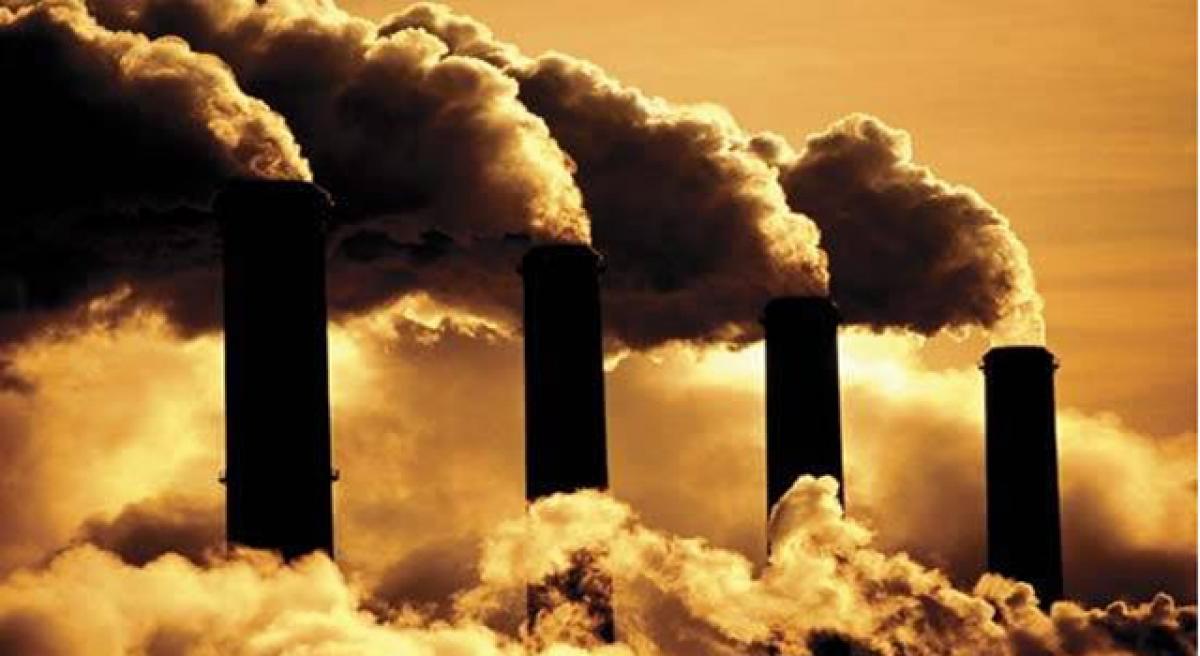Live
- Won’t back off from ‘Pharma Village’, says Telangana CM’s brother
- SC order will stop govts from arbitrary house razing: Cong
- AP assembly session: Govt. to introduce five bills today in house Dy. Speaker election at noon
- Reject BJP’s divisive politics in Maha: Uttam
- Travan Core Devasthanam Issues Guidelines for Ayyappa Devotees Visiting Sabari
- Independent candidate slaps election official
- SC parked Yogi’s bulldozer in garage forever: Akhilesh
- No ‘blame game’ over pollution issue: Mann
- 3 Odisha Police officers get ‘Dakshata’ award
- Punjab To Rebrand Aam Aadmi Clinics Following Central Funding Dispute









